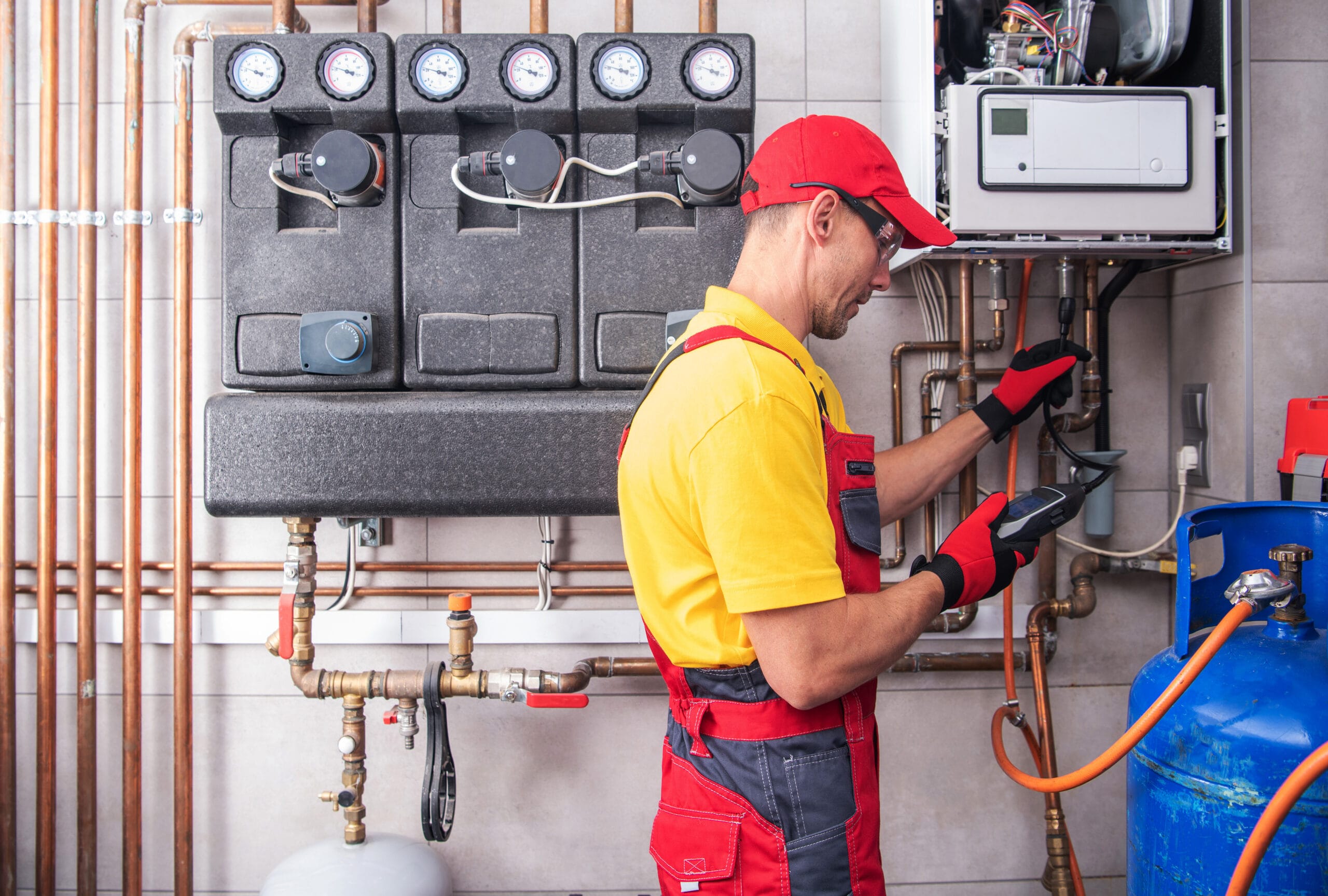
For business owners, keeping overhead costs down while maximizing the lifespan of assets is essential. One area that often gets overlooked in this quest for cost efficiency is building maintenance. While it might seem like a good idea to cut back on maintenance expenses to save money, taking a proactive approach to routine building maintenance can actually save your business money in the long run. Here’s how regular upkeep reduces repair costs and prolongs the life of your infrastructure, creating substantial long-term benefits.
Routine maintenance prevents small issues from escalating into expensive repairs. For example, consider an HVAC system that runs continuously. If filters aren’t changed regularly, dirt and debris can accumulate, reducing efficiency and straining the system. Over time, this can lead to breakdowns that are costly to fix. However, by following a scheduled maintenance routine, you can prevent these issues from developing, avoiding costly repairs.
The same concept applies to other systems, such as plumbing and electrical components. Leaky pipes or outdated electrical wiring can pose risks if left unchecked. A minor plumbing issue can become a major leak, while an electrical problem can lead to fire hazards, both of which could cost thousands to repair and disrupt business operations. Routine maintenance addresses these small issues early, allowing you to fix them at a fraction of the cost of a full-blown emergency repair.
Like any other asset, building infrastructure has a finite lifespan, but routine maintenance can extend it significantly. When key components of your building, like roofs, heating and cooling systems, and plumbing, are regularly maintained, they stay in good condition longer, reducing the need for early replacements. For instance, a roof that is regularly inspected and maintained can last up to 25% longer than one that’s neglected, saving you the cost of premature replacement.
Preventive maintenance helps keep structural elements like foundations, walls, and floors intact by catching any minor signs of wear and tear before they become serious. For instance, regular cleaning and sealing of windows and floors can prevent water infiltration and erosion, keeping mold, mildew, and structural decay at bay. This routine care keeps your building’s components in optimal shape, ensuring they last as long as possible.
Another often-overlooked benefit of routine maintenance is improved energy efficiency, which translates to lower utility costs. When HVAC systems, insulation, and lighting are well-maintained, they perform more efficiently. For example, cleaning and tuning your HVAC systems regularly helps them run more efficiently, keeping your heating and cooling costs down.
Efficient HVAC systems also reduce the strain on the power grid, contributing to a smaller carbon footprint. As sustainability becomes a priority for more businesses, regular maintenance aligns with eco-friendly goals while directly benefiting your bottom line.
Regular maintenance is not only about keeping your building in good condition; it also ensures the safety of employees, customers, and tenants. Well-maintained properties are less likely to have safety hazards, such as faulty wiring, water damage, or structural issues. Preventing these issues through regular inspections and upkeep can protect your business from liability claims and potential lawsuits stemming from accidents.
Additionally, many local regulations require businesses to maintain certain safety standards, particularly for electrical, plumbing, and HVAC systems. Routine maintenance helps you stay compliant with these regulations, avoiding fines and penalties that can arise from non-compliance. Regularly servicing essential components of your building shows a commitment to safety and helps build trust with clients and employees.
Maintaining your building protects its market value. Real estate is a significant investment for any business, and poorly maintained buildings tend to lose value over time. On the other hand, well-maintained properties generally appreciate in value. Should you decide to sell or lease the property, a maintained building is more attractive to potential buyers or tenants, allowing you to command higher rents or sale prices.
Breakdowns or repairs can disrupt business operations, leading to potential revenue losses and dissatisfied customers. A leaky roof, for instance, can require a temporary closure to address water damage and ensure safety. By contrast, routine maintenance can be scheduled during non-operating hours, minimizing disruptions. This foresight helps your business maintain a steady flow of operations, safeguarding your revenue and preserving your reputation.
Routine building maintenance may seem like an additional expense, but it’s an investment that pays off significantly over time. By preventing costly repairs, extending the lifespan of infrastructure, improving energy efficiency, ensuring safety compliance, preserving property value, and minimizing disruptions, maintenance helps your business avoid unexpected costs and supports smooth operations.
In short, prioritizing maintenance doesn’t just protect your assets—it strengthens your business’s financial health in the long run. So instead of viewing maintenance as an optional expense, think of it as an integral part of your strategy to reduce overhead and optimize your resources. A well-maintained building not only enhances the day-to-day experience of those who work or visit there but also provides financial security and peace of mind for years to come.
Copyright © 2024 NYC Cleaning